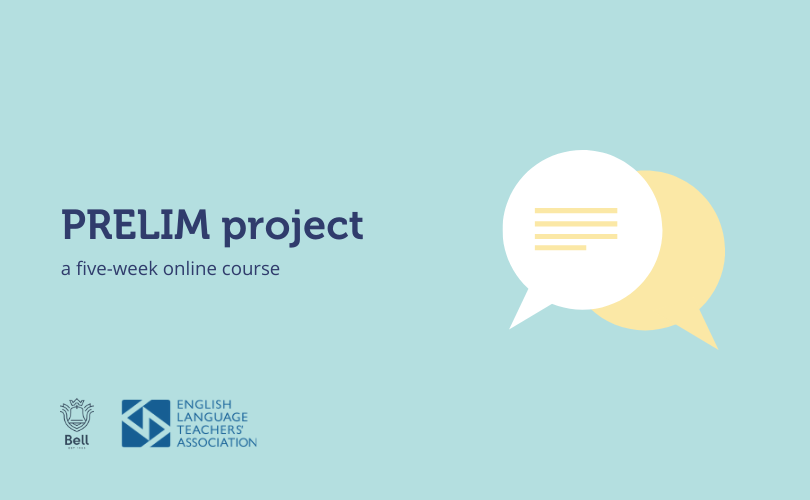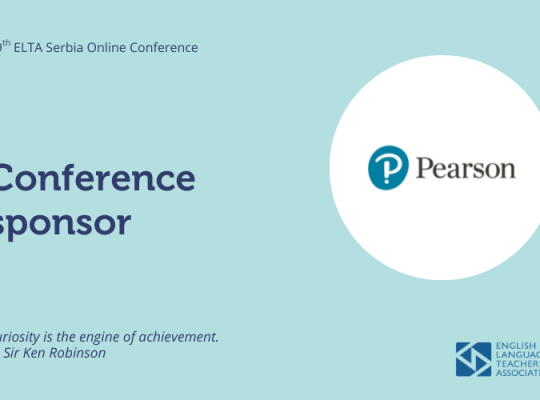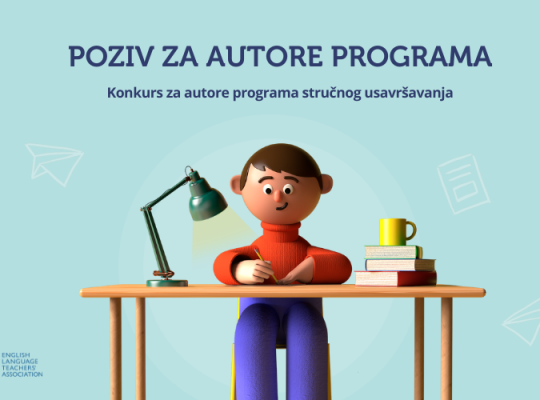Join expert teacher trainers from Bell English on this five-week online course to learn more about aspects of contemporary English, including:
- ongoing changes in grammar and lexis
- political correctness and gender
- the future of pronunciation
- how changes in British social life & culture have influenced language use
The course will include 6 webinars and 5 weeks of individual study, discussions with other participants in a closed Facebook group, activities, quizzes, and reflection.
Cost – free
Certificate awarded upon completion (minimum 80%)
The aim of the course is to update teachers about the latest trends in Contemporary English and improve teachers’ confidence in using it.
The course runs from Thursday to Wednesday giving participants time at the weekend to work on the lessons.
The week starts with a webinar on Thursday evening 19.00-20.00 Serbian time (18.00-19.00 UK time). Webinars will be recorded.
Each week there are three 50-minute self-study lessons plus reflection tasks to be shared and discussed in a closed Facebook group. Participants will read, watch videos, reflect, and complete a variety of exercises to build confidence with using or explaining contemporary English and culture. Participants will be asked to make connections with their own teaching context where appropriate.
The course is written for teachers with a B2+/C1 level of English.
80% participation is required to receive a certificate.
We are looking forward to meeting many Serbian teachers on this exciting course and to sharing opinions and reflections on these topics. By the end of the course, you will be well-equipped to understand and explain contemporary English as well as use many of its features should you wish to.
The Bell English team:
- Kristina Smith – course coordinator & tutor
- Clare Henderson – materials developer
- Lis Harrison – materials developer
For any questions about this course, please contact Kristina at prelim2021serbia@gmail.com.
Coordinated in Serbia by ELTA Serbia.
This PRELIM (Partnered Remote Language Improvement) project ‘language development for the local context’ has been sponsored by








